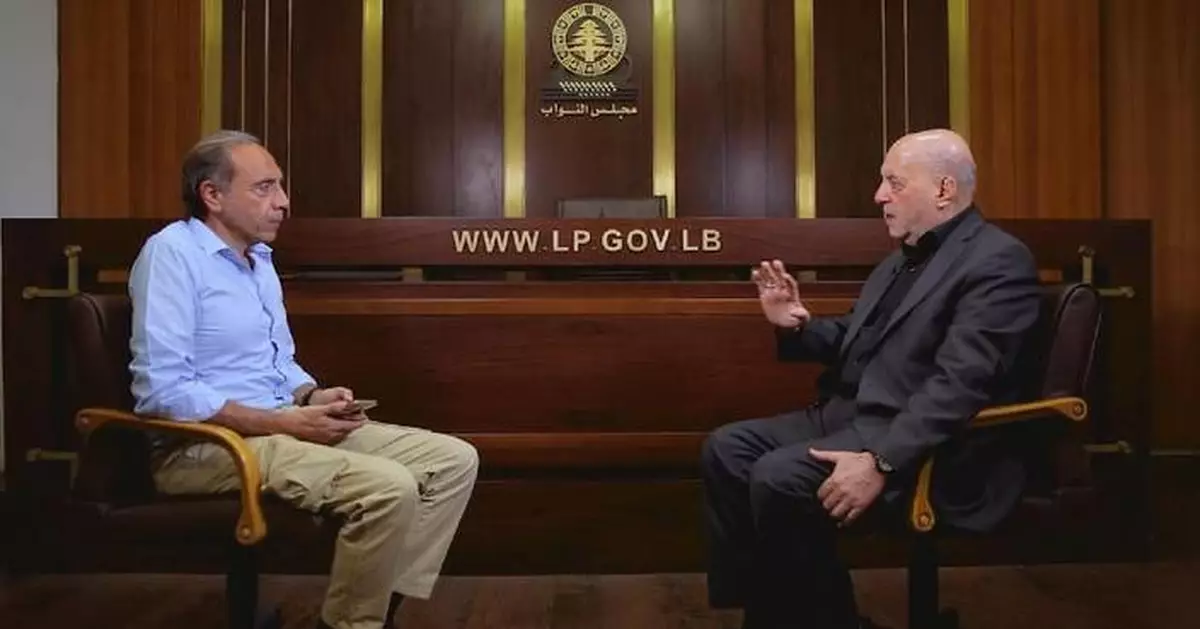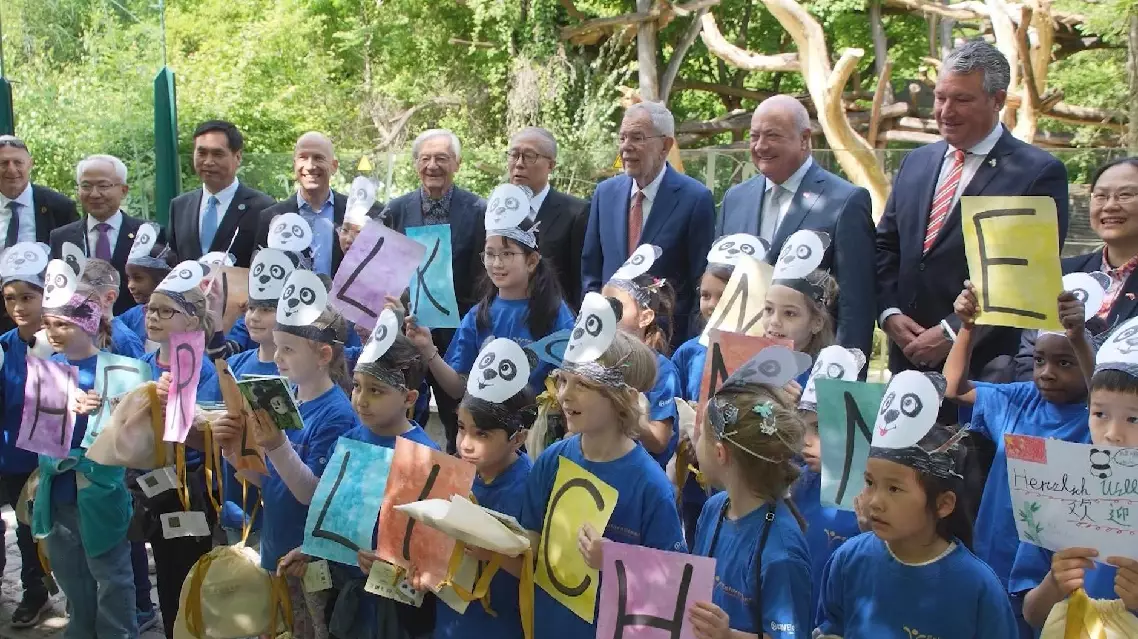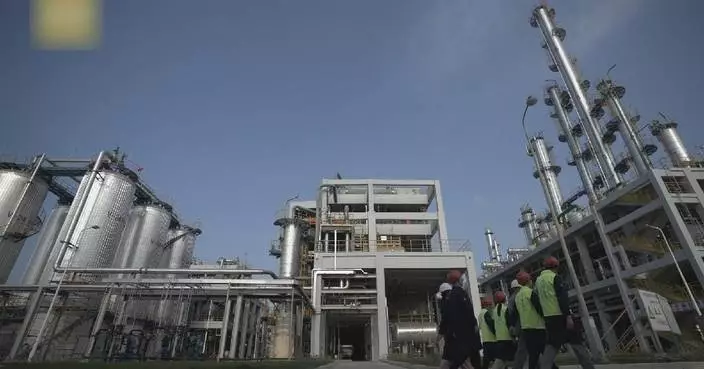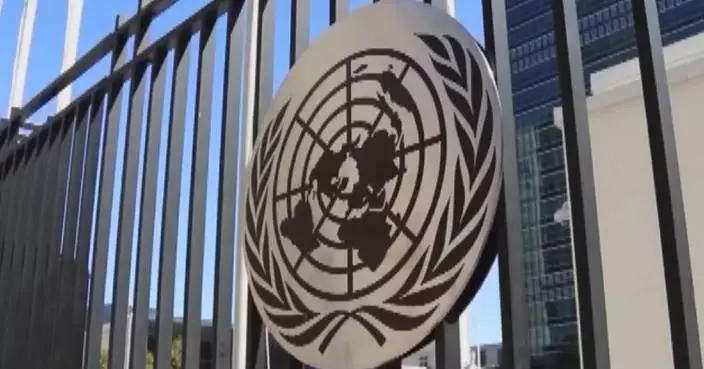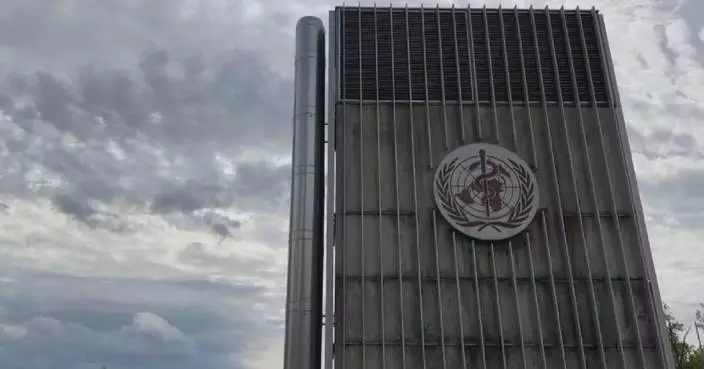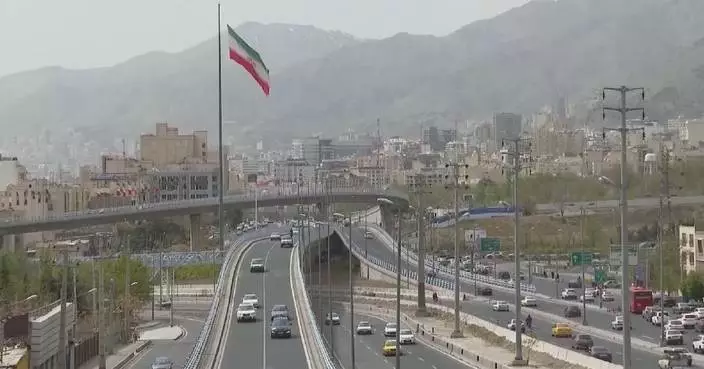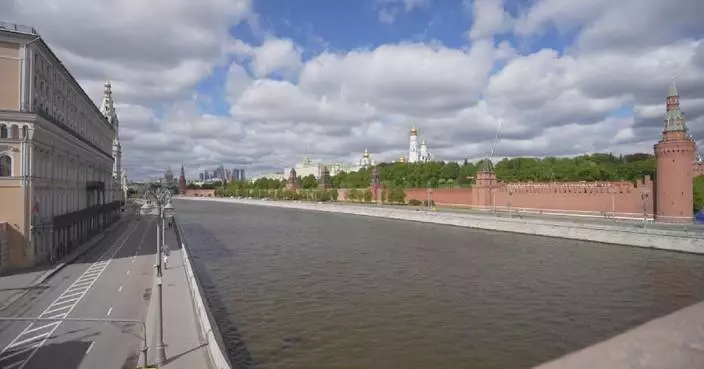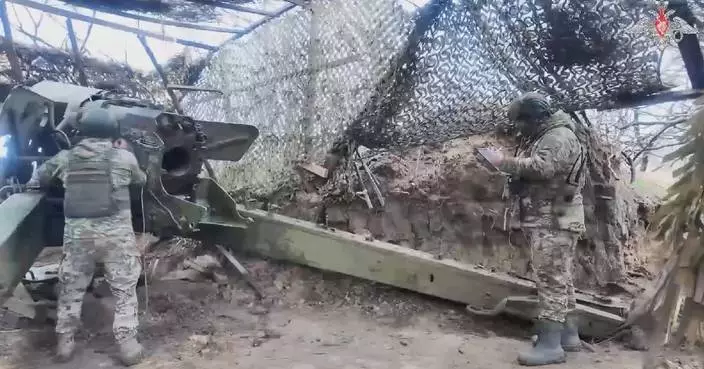Hezbollah faces an uncertain future following the assassination of its leader Hassan Nasrallah, with Israel's offensive sparking internal divisions and international pressure for a Hezbollah-free political transition in Lebanon.
It has been a month since the fateful day when Nasrallah was killed, an act that Israel claims is part of its campaign to dismantle what it deems a "terrorist organization."
In an exclusive interview with China Global Television Network (CGTN), Hezbollah's parliamentary leader Amin Sherri downplayed reports of the group's impending collapse.
"No doubt there is a psychological impact. The resistance and the Lebanese people loved the Secretary General. No doubt we lost some of our top leaders, but there is rebuilding in all the positions in the leadership, from bottom to top. We are in the third and fourth generations who now have the qualifications and ability to lead troops in battle and this is what we see on the ground," said Sherri, Lebanese Member of Parliament for Hezbollah.
Despite the challenges, Hezbollah has remained defiant. Fighters continue to engage Israeli ground forces in southern Lebanon, inflicting casualties on the Israel Defense Forces (IDF). Hezbollah rockets and drones have penetrated Israel's defensive systems, reaching as far as Tel Aviv and even targeting the residence of Israeli Prime Minister Benjamin Netanyahu.
Public sentiment regarding the war has grown increasingly divided, weakening Hezbollah's popularity both on the streets and within political circles. The toll of the conflict has been heavy: over 2,600 Lebanese have been killed, neighborhoods and villages across the country have been devastated, and more than 1.2 million people - about 20 percent of Lebanon's population - have been displaced.
A significant number of voices, including Hezbollah's political allies, are urging the Iran-backed group to disarm.
"I can tell them that I don't accept your representative to be armed and point a gun at me. No political party has the right to arm itself and violate our constitution," said Ramy Naeem, a political writer.
However, there remains a core of staunch Hezbollah supporters, even among those who have lost their homes in the conflict.
"The savage Israeli attacks everywhere are targeting us the civilians, but still we support the resistance. Our villages have been destroyed, I can't go back. It's OK for the sake of resistance," said Hussein Gomaa, a Lebanese refugee in Beirut.
Concerns are mounting that tensions could escalate into civil conflict.
"So far all political powers, such as Hezbollah, Lebanese Forces and Amal movement, have shown restraint and patience in dealing with this issue. I fear the angry public opinion that can be pushed to the boiling point and clash in the streets, which would serve Israel's purposes to create chaos," said Ibrahim Reihan, a political expert.
Meanwhile, the U.S. and European nations are attempting to mediate a ceasefire and propose a political transition in Lebanon that excludes Hezbollah - an approach many experts deem unrealistic.
"In spite of its latest weakness, Hezbollah remains the strongest and most organized political power, compared with its allies or opposition. You cannot dismiss Hezbollah from the scene. It has a strong base, the only representative of Shiites, a big sect in Lebanon and it will focus on strengthening its hold inside Lebanon," said Reihan.
As events continue to unfold, the coming weeks and months will be critical in determining whether Hezbollah can withstand the mounting pressure and redefine its role in Lebanon.
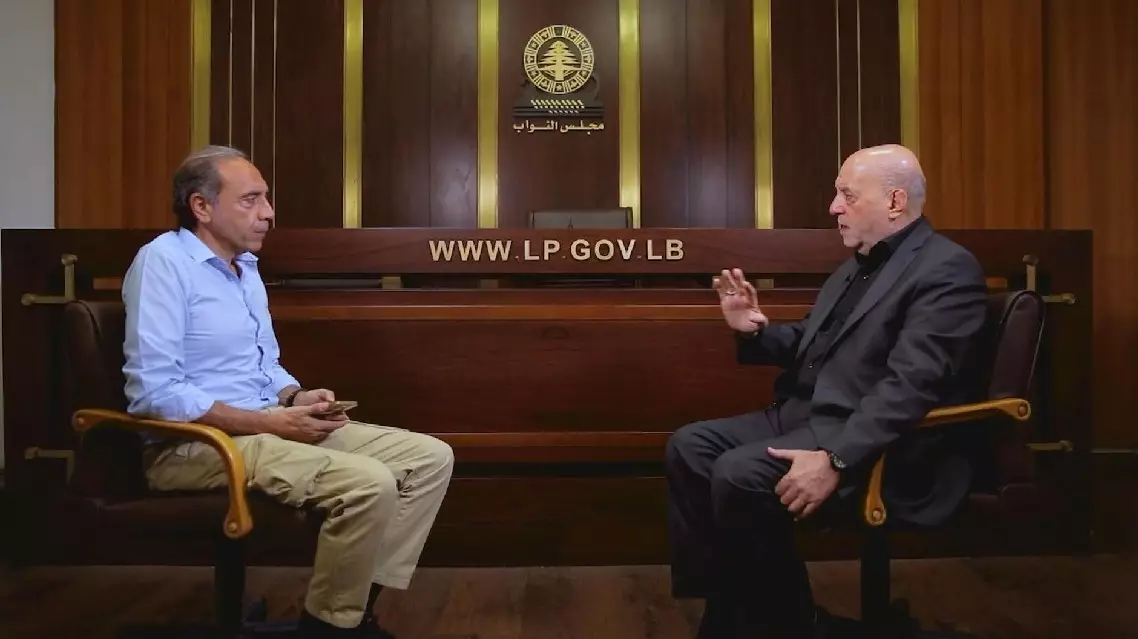
Hezbollah confronts uncertainty following leader's death, widening divisions in Lebanon


